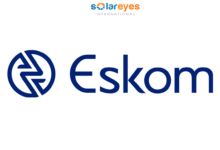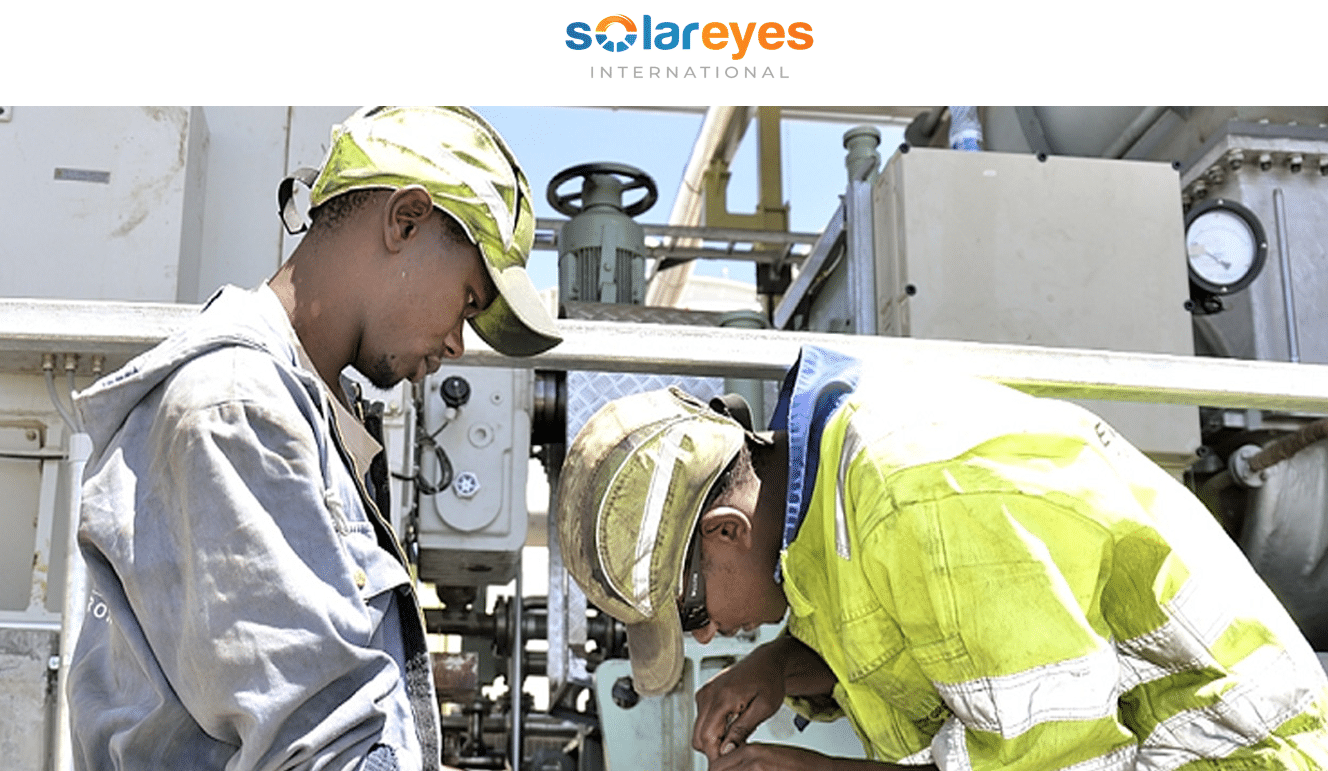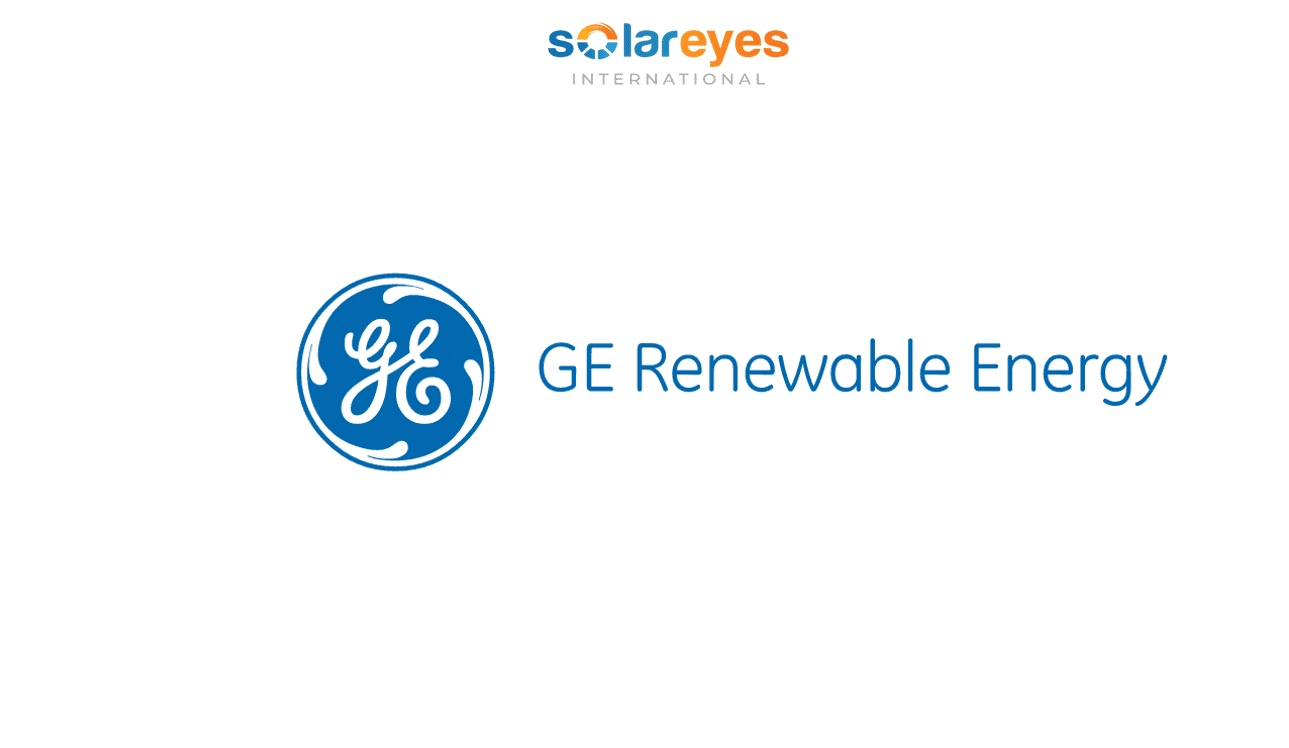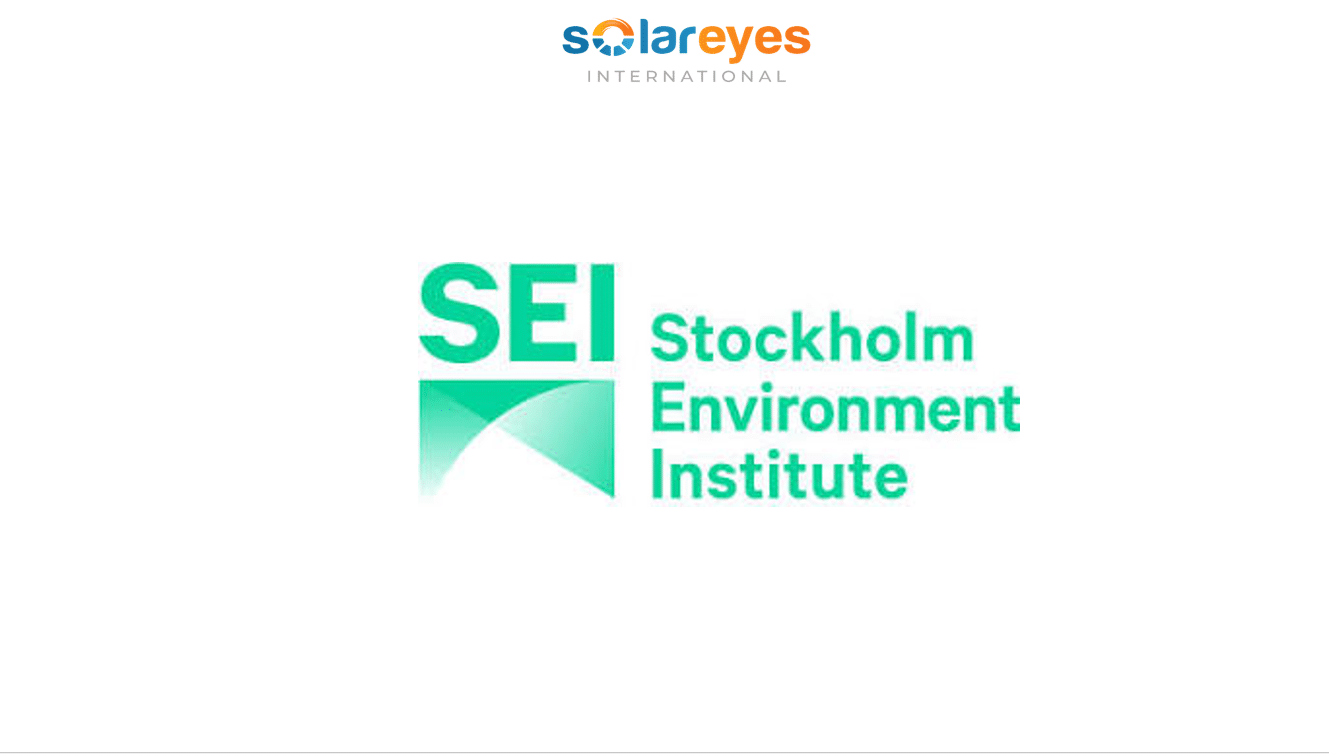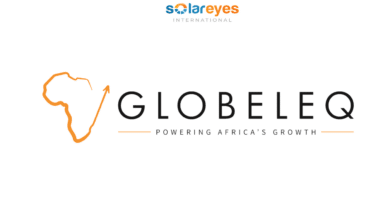Opportunities for Solar Energy Development in Europe
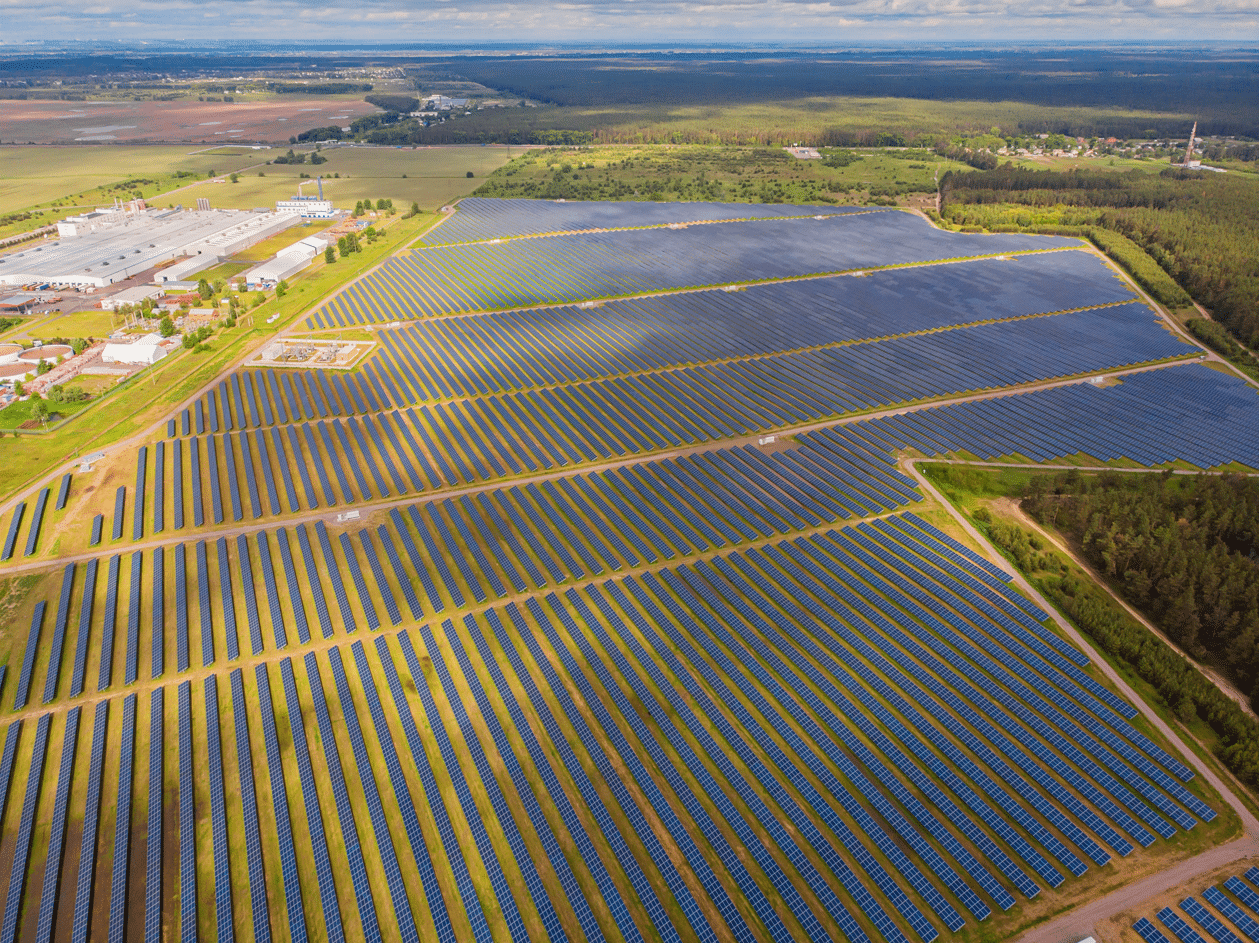
Europe has been a leading continent when it comes to sustainable development, and it is no surprise that solar energy is an emerging trend that is quickly gaining traction.
Solar energy is derived from the sun, and as a renewable energy source, it is clean and sustainable, making it a great alternative to traditional energy sources like coal and gas.
Solar Energy Development in Europe has been on a rapid rising state, and below are some opportunities for solar energy in the continent.
Opportunities for Solar Energy Development in Europe
Below is a list of opportunities for solar energy development in Europe:
1. Government investment in solar energy
Several European countries, including Germany, Spain, and France, have invested heavily in solar energy development. Germany led the way with the Energiewende, a government policy to transition the country to renewable energy sources, including solar energy.
In Spain, the government has put in place policies to support green energy, and the country has set a target of achieving 74% renewable energy by 2030. Similarly, France is committed to increasing its solar capacity to 20GW by 2023.
2. Solar energy in the agricultural sector
Solar energy can be harnessed in the agricultural sector to power irrigation systems, lighting, and other electrical equipment. This is particularly important in regions where there is limited access to the grid.
10 Surprising Ways Solar Energy Can Save You Money Today!
By using solar panels, farmers can reduce their reliance on fossil fuels and save on energy bills. Furthermore, solar energy can be used to power greenhouses, extending the growing season and improving crop yields.
3. Solar energy in the transportation sector
Solar energy can also be used to power electric vehicles, reducing the dependence on fossil fuels for transportation. Solar-powered charging stations can be set up along highways, providing a convenient way for electric vehicle owners to charge their cars.
This would encourage the adoption of electric vehicles and promote the use of renewable energy in the transportation sector.
4. Solar energy in the residential sector
Residential solar power systems are becoming increasingly popular in Europe, with homeowners installing solar panels on their rooftops to generate electricity. With the cost of solar panels decreasing, it has become more affordable for homeowners to invest in solar energy.
Opportunities for Solar Energy Development in Africa
Governments can provide incentives, such as tax credits and subsidies, to encourage homeowners to invest in solar energy.
The Future of Solar Energy Development in Europe
As concerns about climate change and energy security continue to grow, many European countries are increasingly turning to solar power as a clean, renewable energy source. In fact, solar energy is now the fastest-growing source of renewable energy in the EU, with solar capacity increasing by 18.2% in 2019 alone.
The future of solar energy development in Europe looks bright, with several key trends driving growth in the sector. One of the most significant of these trends is the continued decline in the cost of solar power.
Common Losses for Solar Installations: Understanding and Mitigating Them
The cost of photovoltaic (PV) solar panels has fallen by around 80% over the past decade, making solar power increasingly cost-competitive with traditional fossil fuels.
Another key trend is the development of new solar technologies that improve efficiency and reduce costs.
For example, advanced solar tracking systems can improve energy production by up to 25%, while thin-film solar cells are cheaper to manufacture and offer higher levels of efficiency than traditional PV cells.
In addition, new business models are emerging that are making solar power more accessible for consumers and businesses. Solar leasing and power purchase agreements, for example, allow consumers to install solar panels on their homes or businesses without the upfront costs of purchasing the equipment.
All You Need to Know About Australia’s Solar Sector
The European Union is also taking a leading role in promoting solar energy development in Europe region. The European Commission’s Clean Energy for All Europeans package, adopted in 2018, aims to increase the share of renewable energy in the EU to 32% by 2030. I
n addition, the EU’s Horizon 2020 research and innovation program is investing in the development of new solar technologies and solutions.
Despite these positive trends, however, there are still challenges facing the solar industry in Europe. One significant challenge is the lack of political and regulatory support in some countries. In addition, the intermittency of solar power production, which depends on weather conditions, can create challenges for grid stability and energy management.
Nevertheless, the potential for solar power in Europe is enormous. According to estimates from the International Energy Agency, the EU could generate up to 183 GW of solar power by 2030, up from around 120 GW in 2019.
With continued investment and innovation, solar energy is set to play a major role in Europe’s transition to a more sustainable energy future.
Challenges for Solar Energy Development in Europe
As the world shifts towards renewable energy sources, many countries in Europe are making concerted efforts to increase their solar energy production.
However, the development of solar energy in Europe is not without challenges. Here are some of the biggest challenges facing the solar energy industry in Europe.
1. Limited sunlight
Although Europe has many sunny days throughout the year, the continent often experiences long stretches of cloudy or overcast weather. This lack of sunlight can limit the effectiveness of solar panels, which need direct sunlight to produce energy.
As a result, countries located further north or inland may struggle to produce enough solar energy to meet their needs.
2. High installation costs
While solar technology costs have fallen rapidly over the past decade, the installation costs of solar energy systems remain relatively high, particularly for small-scale projects.
For many individuals or businesses, these costs may be prohibitive, inhibiting the growth of the solar energy market in Europe.
3. Lack of government policy support
Government policies that promote the development of solar energy are crucial to its success. However, some European countries lack supportive policies, such as feed-in tariffs or tax incentives, that encourage the growth of renewable energy production.
In addition, the lack of consistent policy support across different countries can make it difficult to create cross-border solar energy projects.
4. Inadequate power grid infrastructure
As solar energy production increases, countries must invest in adequate power grid infrastructure to accommodate these new sources of energy.
However, many European countries currently lack the grid infrastructure necessary to handle the variability of solar energy production, leading to difficulty in integrating this energy into the overall power grid.
5. Limited land availability
The amount of available land for solar energy projects is limited in many European countries, particularly those with high population densities. This lack of space can make it difficult to develop large-scale solar energy projects, limiting the potential growth of the industry.
Conclusion on Opportunities for Solar Energy Development in Europe
In conclusion, solar energy presents numerous opportunities for development in Europe, including government investment, solar energy in the agricultural and transportation sectors, and residential solar power systems.
As the world shifts towards sustainable development, solar energy will play a crucial role in reducing greenhouse gas emissions and promoting renewable energy.
Despite the challenges, there is still significant potential for solar energy development in Europe. As technology continues to improve and costs come down, solar energy is becoming an increasingly competitive option for producing clean energy.
Moreover, government policies that promote renewable energy development and investment in power grid infrastructure can help the industry overcome many of the challenges it faces. As a result, solar energy development in Europe is likely to continue to grow in the coming years.
FOLLOW US ON OUR CHANNELS
Follow us on LINKEDIN, FACEBOOK, TELEGRAM GROUP and WHATSAPP.
*** ALSO CHECK: 12 CHALLENGES FACED BY SOLAR COMPANIES IN DEVELOPING COUNTRIES
ABBREVIATIONS IN THE SOLAR ENERGY SECTOR
HOW TO SIZE A SOLAR SYSTEM – 5 clear steps anyone can follow
WHY SOLAR ENERGY? – 10 reasons to go solar
WHAT IS A SOLAR HOME SYSTEM (SHS) – 7 treasure things to know

